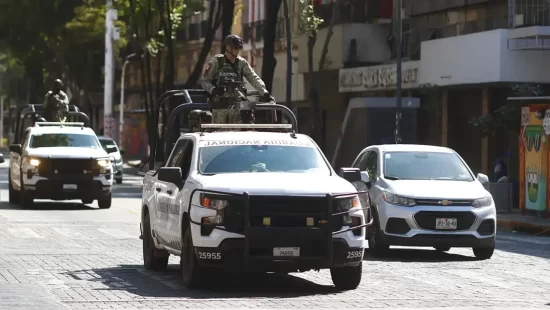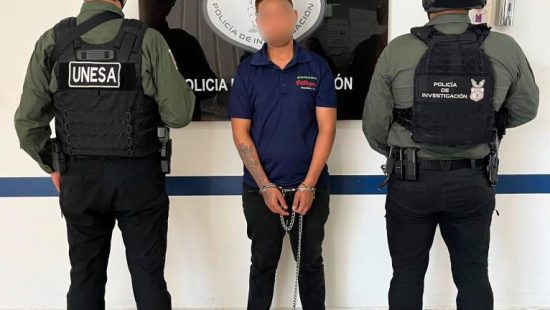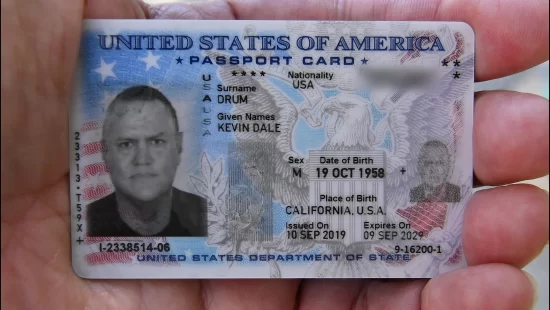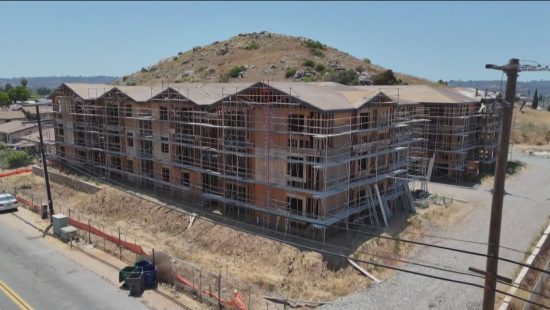The security tensions between Mexico and the United States marking the second Trump era appear to stem from Mexico’s failings, according to the logic of the rarely self-reflective northern neighbor. Fentanyl and migration are a problem, but arms trafficking is not. The U.S. sends around 200,000 weapons to Mexico each year, according to analysts’ estimates, a figure that demonstrates the lack of interest in combating illegal arms sales, much of which are destined for the drug cartels that have been classified as terrorist organizations by the Republican president himself.
The main arms trafficking routes identified by the Mexican government between November 2024 and May 2025 originate in the states of Arizona, California, and Texas, according to a report presented to Congress by the Ministry of Citizen Security. At least 74% of illicit weapons reach organized crime groups through these routes.
These data are consistent with those of the U.S. Department of Justice, which, in its latest report on the subject, revealed the same points of origin and predominance, with one addition: New Mexico. A smaller budget north of the Rio Grande and greater laxity in security operations point to one conclusion, experts say: combating arms trafficking is not on the U.S. government’s agenda.
The knowledge that both administrations have regarding the illicit trafficking of weapons raises many questions. How many agents from the Bureau of Alcohol, Tobacco, Firearms and Explosives (ATF) have been deployed to the detected locations? How many inspection operations are U.S. authorities conducting? What are the seizure figures at these locations? What is the Mexican Security Cabinet’s strategy to combat this crime?
“When the United States tells Mexico that we have to do more against the cartels, the argument should be: we’ve been saying for five years that the weapons are coming from Texas, and we haven’t seen any beefing up of enforcement actions; there isn’t a bigger presence, or more checkpoints,” says Alejandro Celorio, the official who coordinated Mexico’s legal strategy to bring a dozen U.S. weapons manufacturers and distributors to trial.
The lawyer hits the nail on the head. Information about the trafficking routes allows Mexico to support its narrative regarding the U.S. government’s failure to curb arms smuggling, and also to advise a strategy, but nothing more. Washington has the power to implement measures to prevent the passage of weapons into Mexican territory. The manufacturers, Celorio says, are protected by U.S. laws, which prohibit the use of information about the routes taken by illicit weapons in a lawsuit.








